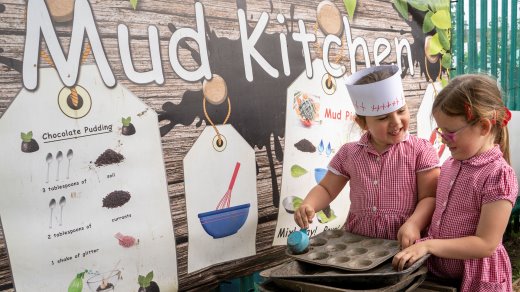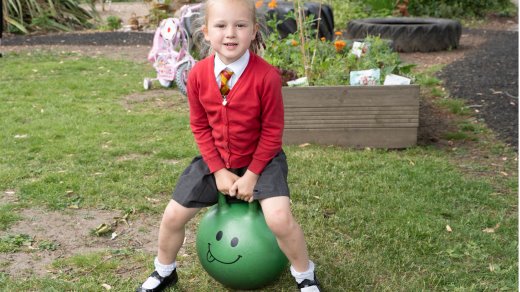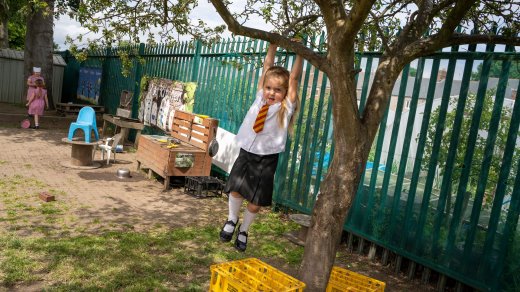00 - 01
Pupil Premium
Pupil Premium Strategy 2021-2024
The Pupil Premium and Early Years Pupil Premium is additional funding for schools in England to raise the attainment of children and close the gap between groups of children.
Which children are entitled to Pupil Premium?
- Children who have been registered as eligible for free school meals at any point in the previous 6 years.
Children who have:
- been looked after for 1 day or more
- been adopted from care
- left care under a special guardianship order, a residence order or a child arrangements order
How do I know if I am eligible for free school meals?
Children will be eligible if their parents are in receipt of one or more of the following benefits, which are the benefits used to access eligibility for free school meals:
- Income Support
- Income-based Jobseeker's Allowance
- Income-related Employment and Support Allowance
- Support under part 6 of the Immigration and Asylum Act 1999
- The guaranteed element of State Pension Credit
- Child Tax Credit (provided they’re not also entitled to Working Tax Credit and have an annual gross income of no more than £16,190)
- Working Tax Credit run-on - paid for 4 weeks after they stop qualifying for Working Tax Credit
- Universal Credit
Or if they have been:
- looked after by the local authority for at least 1 day
- have been adopted from care
- have left care through special guardianship
- subject to a child arrangement order setting out with whom the child is to live (formerly known as residence orders).
How much additional funding does a school receive per pupil?
Schools receive the following funding for each child registered as eligible for Pupil Premium:
- £1,385 for pupils in our Reception year to Year 6.
- Schools will also receive £2,410 for each pupil who has left local-authority care because of adoption, a special guardianship order, a residence order or a child arrangements order. This is known as Pupil Premium+.
What difference does Pupil Premium make?
- National data and research tells us that children eligible for free school meals tend to do less well, for example in 2014, 45% of children eligible for free school meals achieved the expected level at the end of the early years foundation stage compared with 64% of other children.
- The early years pupil premium gives money to schools so they can make sure eligible children have the best possible outcomes when they start school and beyond.
- Evidence shows that children from less advantaged backgrounds can start school 19 months behind their peers, but that good quality childcare can reduce this gap and have a significant benefit in terms of a child’s development.














